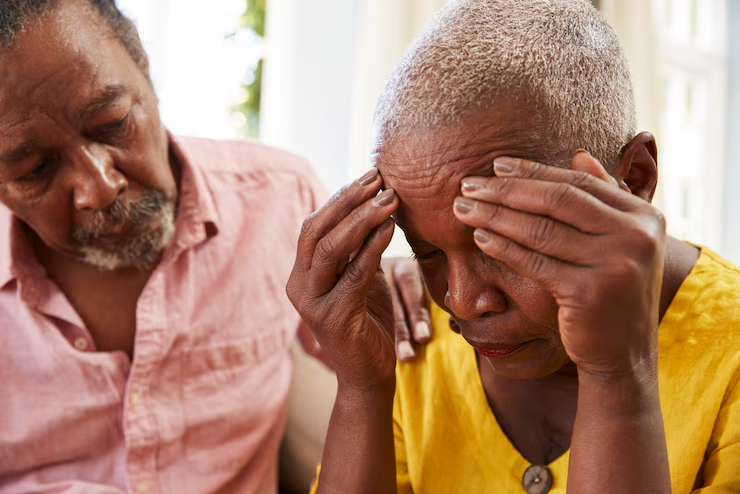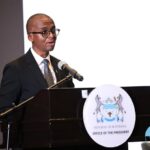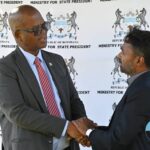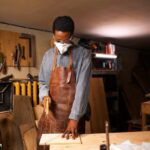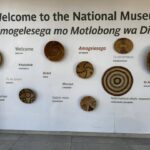Dementia is a complex syndrome primarily affecting memory, cognition, and daily functioning. While often associated with aging, it is a progressive condition that can impact people in various stages of life. In Botswana, like many parts of the world, dementia remains poorly understood, frequently surrounded by misconceptions that lead to stigma and marginalisation. The media—through literature, film, and news reporting—plays a central role in shaping public perceptions. Unfortunately, much of that influence has been negative, portraying individuals with dementia in limiting, inaccurate ways. However, there is growing potential to harness storytelling as a powerful tool for change.
According to Botswana’s Ministry of Health, cases of dementia are rising steadily due to an aging population and changing lifestyle factors. While there is no national registry specifically tracking dementia cases, medical professionals report increasing instances of Alzheimer’s disease and related cognitive disorders. Despite this trend, public awareness remains low, and many people still view dementia as a normal part of aging or, in some rural communities, even as a spiritual or supernatural condition. Families often face challenges accessing care or feel ashamed to seek help due to widespread stigma. As a result, people living with dementia in Botswana frequently suffer in silence, with their conditions hidden or misrepresented.
Media has long been a mirror of society—but it also serves as a lens, influencing how we see ourselves and others. In many films, novels, and news reports, characters with dementia are reduced to clichés: forgetful elders, confused wanderers, or burdens to their families. This limited portrayal not only dehumanises those with the condition but also discourages open dialogue, delaying diagnosis and support. In Botswana, local media coverage of dementia is sporadic and often lacks depth. News stories tend to focus on statistics or isolated caregiving challenges without capturing the lived experiences of those with the condition. Literature and film—powerful tools of cultural reflection—rarely explore dementia as a central theme, missing an opportunity to promote empathy and education.
Despite these challenges, there is growing recognition of the need for more responsible, empathetic representation. Literature and film, in particular, can humanise dementia by showing the full person behind the diagnosis. Characters who experience moments of joy, resilience, humour and connection—despite memory loss—can help audiences develop a more nuanced understanding of the condition. Incorporating local voices and lived experiences is especially vital in Botswana. Writers, journalists, and filmmakers have a unique opportunity to shift the narrative from fear to empathy. Community theatre, documentary storytelling, and radio dramas in Setswana and other local languages can be powerful tools in raising awareness in both urban and rural settings.
Empathetic media representation does more than inform—it affirms the dignity of people living with dementia. When portrayed with respect and accuracy, individuals are seen not just as patients, but as parents, neighbours, artists, and workers with rich histories and emotional depth. Botswana can take inspiration from global initiatives like the UK’s Dementia Friends campaign, which leverages media to dispel myths and encourage community action. Local advocacy groups and healthcare providers can collaborate with creatives to produce content that educates, challenges harmful stereotypes, and inspires change.
Dementia is not simply a medical issue—it is a deeply human one. As Botswana faces the realities of an aging population, the role of media becomes ever more critical. By telling better stories—stories that are grounded in truth, compassion, and cultural context—we can shift public perception, reduce stigma, and build a more inclusive society for all. The challenge is not just to portray dementia—but to portray it rightly, with all the complexity, sorrow, and beauty that comes with the human experience.


